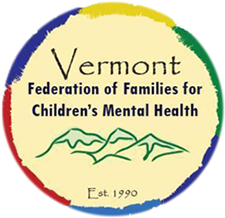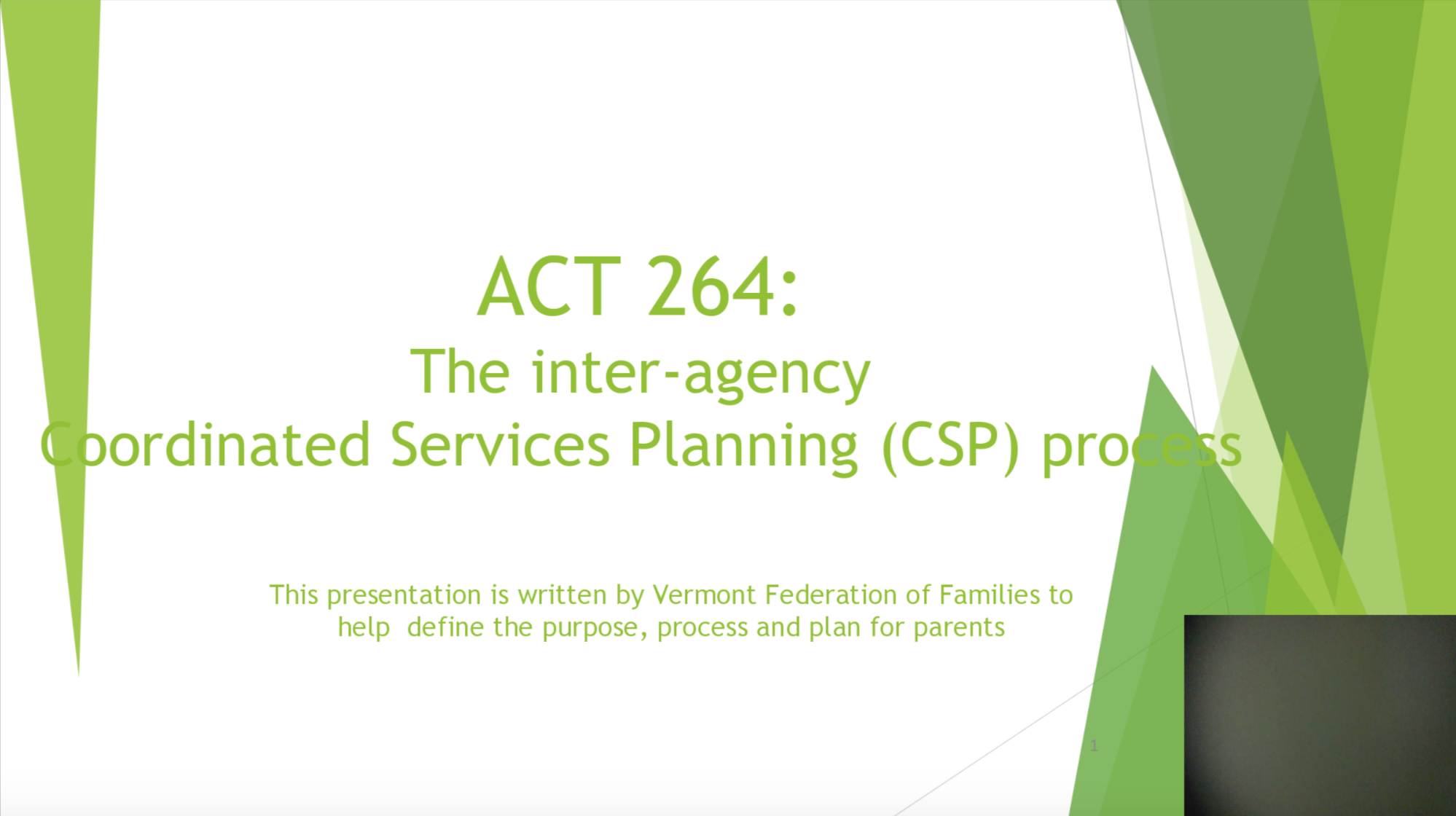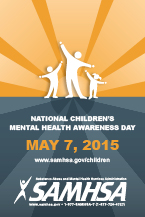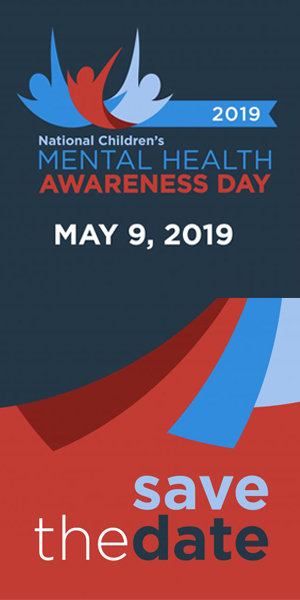About Us
Training/Learning Calendar
Connect With Us
Subscribe to our email newsletter
Upcoming Events
No upcoming events scheduled...
Mission Statement
The Vermont Federation of Families for Children’s Mental Health exists to support families and children where a child or youth, age 0-22, is experiencing or at risk to experience emotional, behavioral, or mental health challenges. The Federation is committed to:
- Providing families with peer support and information in order to make informed decisions.
- Empowering families, youth and young adults to navigate service and support systems.
- Advocating for accessible, flexible and quality family centered and driven services on a local, state and national level.
The Federation collaborates with schools, communities, governmental, and private agencies, and other advocacy organizations to achieve these ends.
VISION STATEMENT
Our Vision is that Vermont families, youth and young adults are informed, supported and empowered to grow and be well.
VALUES STATEMENT
We Believe:
- Children and youth who have serious emotional, behavioral, or mental health challenges:
- Are individuals first
- Have rights and strengths that should be respected by all
- Are members of a family
- Families of these young people:
- Have strengths and needs
- Must be viewed as team members and experts since they have 24- hour, 7-day-a-week, lifelong experience
- Have many ways of adjusting to family needs
- Are a source of strength for their young people
- Services provided for the child or youth with special needs and their family must:
- Emphasize strengths, be based on need and be affordable
- Be accessible and available to all families
- Be appropriate for the family
- Be provided respectfully, non- judgmental, and unconditionally
- Must be provided, when possible, through networking and partnerships with others
- Be provided locally whenever possible
VERMONT FEDERATION OF FAMILIES FOR CHILDREN’S MENTAL HEALTH
The Vermont Federation of Families exists to first support families of children and youth, ages 0-22, who are experiencing or at risk to experience emotional, behavioral or mental health challenges. The Federation also supports youth in transition through Vermont’s Youth in Transition program, advocates for appropriate and needed services for all, supports families within the Act 264 process, and values and encourages peer services and supports as a needed part of Vermont’s system of care for mental health and addiction recovery.
HISTORY
Our history is more of a “her” story. Judy Sturtevant is our “Founding Mother.” Judy’s son needed some help that was not available. She felt she was the only parent going through this, and wondered if there were other families with similar struggles. She began supporting and involving other parents from her kitchen table in the 1980’s. This was the beginning of a grassroots movement to support families who were struggling with finding appropriate services for their children and youth.
Judy became an important partner with the state of Vermont in the process of creating a system of care for children and youth with emotional, behavioral and mental health challenges and their families during the CAASP grant years 1984-88. She also went to national level meetings focused on the same issues. Judy was one of the 20 family members on a national steering committee that voted to start the national Federation of Families for Children’s Mental Health, FFCMH. Vermont became the first statewide chapters and was recognized by the State of Vermont as a nonprofit family support organization in 1990. The Vermont Federation of Families for Children’s Mental Health, VFFCMH became a 501 c3 through the federal government in 1993 and has been funded to support families of children experiencing or at risk to experience emotional, behavioral and mental health challenges through state and federal grants and contracts.
In 2004, we received federal funding to support families in which a parent and/or child had a disability. Families were supported through regional Peer Navigators. We served nearly 900 families in the 5 years of the grant. The national average of loss of custody for parents with disabilities is 40-80 %. Our data showed a loss of custody of under 2% for this population.
In 2008 the Federation held a statewide summit on Priorities for Supporting Children/Youth with Complex Needs and Their Families. This summit looked at all past legislative studies, data a reports and combined all information, creating a daylong exercise in setting priorities based on the past and present information and circumstances.
2009-2014, we added a 6 year project from a federal grant supporting youth in transition to adult life. This Youth in Transition Grant used a youth driven approach to creating an appropriate system of care for youth. The program had such great outcomes that the VT Legislature funded it when the grant ended.
VFFCMH received 3 years (2014-2017) of grant funding to promote Peer Coalition building partnering with Vermont Psychiatric Survivors and the Vermont Recovery Network. This funding has been all about creating a resiliency and recovery based system of care in Vermont utilizing the strength of coalition of Statewide Peer organizations.
We continue to serve and support, families, children, youth and young adults in transition and promote coalition building among peers.
FUTURE
Our next journey to “Family and Young Adult Driven Care”
Vermont’s third System of Care (SOC), grant is for Young Adults in Transition (YIT), and we have national guidelines of “Family and Youth Driven”. This directive originated with the President’s New Freedom Commission on Mental Health, Achieving the Promise: Transforming Mental Health Care in America which states that Mental Health Care Is Consumer and Family Driven.
What does this really mean? How is this different from Family Centered Care?
Family-driven means families have a primary decision making role in the care of their own children as well as the policies and procedures governing care for all children in their community, state, tribe, territory , and nation consensus building and teaming that we are all more familiar with.
Not every family will want to “drive” the services that meet the needs of their children and youth. Families know their own strengths and capabilities; and there is no wrong choice. Choosing to drive the services is a personal choice, which should be available to families as we transform Vermont’s system of care.
Also, not every young adult has a strong connection to their family of origin. One of the goals of this transition grant is to help young people have strong family and/or ally connections. Our role is to encourage, where appropriate, strong family relationships and build skills in young adults and their families. Child protection statistics show that most children in custody at age of majority return to their family of origin. It is a delicate balance to move forward in strength as family youth/young adult driven, but we believe Vermont is up to the challenge!











